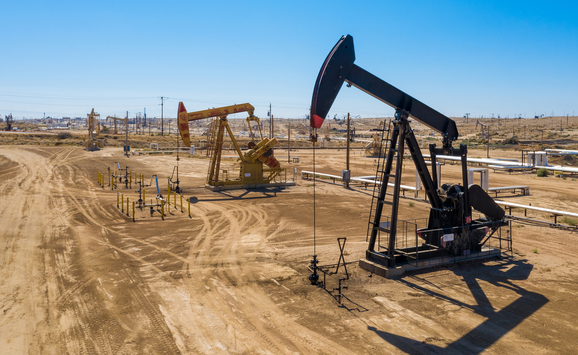Early on the morning of April 21, 2010, a BP official called to alert me that a Gulf of Mexico rig under contract to BP suffered a major blowout, was still on fire, and some of its workers were missing. He asked me to inform White House senior staff about the incident as soon as possible. By the next day (ironically, Earth Day), the Deepwater Horizon sank to the bottom of the Gulf, senior administration officials briefed President Obama in the Oval Office, and, among many tasks, the White House economic team began working to understand and develop measures to mitigate the spill’s economic risks and to identify ways to reduce future oil spill risks.
Understanding and Mitigating Economic Risks
The initial assessment of the economic risks posed by the spill focused on vulnerable industries, such as fishing, tourism, as well as and vulnerable infrastructure, such as shipping channels and ports, oil pipelines and port facilities, and coastal industrial facilities. We also kept daily tabs on relevant futures, stock, and bond markets. Potential damages borne by the U.S. government, such as natural resource damages, were beyond the scope of our work. We compiled relevant economic data for Gulf-coast counties, such as weekly unemployment insurance claims, lodging vacancies, and vulnerable industries’ baseline employment and revenues. Given the spill’s impacts, the administration’s May legislative proposal focused on delivering assistance to the Gulf through small business loans, unemployment assistance for the self employed, and nutrition assistance. The most effective way to mitigate the spill’s economic harm, however, would be for BP to compensate those bearing damages. There was significant uncertainty —in the Gulf, in Washington, and among BP’s investors—about BP’s willingness and ability to pay damage claims. By June, Gulf residents criticized BP’s claims process while BP’s market capitalization had fallen nearly $100 billion and its bonds traded as if they were junk. To resolve this uncertainty, the White House and BP agreed to create an independent claims facility and—to provide assurance to the public that funds would be available to compensate those harmed by the spill—a $20 billion escrow account, backed by BP’s U.S. assets (in line with our review of financial institutions’ estimates of spill damages, which were then in the range of $15 billion).
Reducing Future Oil Spill Risks
The spill response made clear that neither the government nor industry had the tools to contain promptly a deepwater wild well. In his May 27 press conference, President Obama suggested that an industry consortium could develop technology to contain future deepwater spills. Such an approach could tap private sector technical knowhow and spread the costs of containment capacity across the industry. In June, I hosted several meetings with oil companies to discuss filling this gap in response technology and drawing lessons from the Marine Spill Response Corporation. In July, Chevron, ConocoPhillips, ExxonMobil, and Shell mobilized significant resources to launch the Marine Well Containment Company, which has since integrated BP and its containment resources. To mitigate moral hazard, the consortium’s members could subject themselves to third-party, private-sector safety inspections coupled with incentives for maintaining safe drilling systems (for example, higher membership fees for poor safety reviews).
While we may be filling the technology gap on containment capacity, current law provides insufficient incentive for firms to mitigate the potential harm from offshore drilling by limiting liability to $75 million for damages. I coordinated our review of the liability policy and we could find no valid public policy justification for limiting liability—doing so simply subsidizes the oil industry and reduces safety incentives. I led the staff-level engagement with the Hill to develop legislation to remove this liability limit, which was made effective by the House-passed oil spill bill. In legislative discussions, some stakeholders supported mutual insurance to cover part of the liability for a future spill. Such insurance could further improve safety if it provided third-party, private-sector inspections of drilling operations to complement government inspections.
The BP Deepwater Horizon oil spill was a catastrophic event—11 lives lost, millions of barrels of oil spilled, a lost fishery and tourism season, and half a billion dollars of capital in a heap on the seafloor. Remarkable innovations in technology have enabled economic extraction of hydrocarbons from previously infeasible environments, but have also introduced the prospect of catastrophe. Appropriate management of this risk requires technological innovation to contain a spill and efficient incentives so firms take the proper actions to prevent such a disaster from occurring again.

Joseph Aldy, an RFF Fellow from 2005 to 2009, left RFF to serve as the special assistant to the president for energy and environment, reporting through both the National Economic Council and the Office of Energy and Climate Change. He is now a nonresident RFF fellow and as assistant professor of public policy at the Harvard Kennedy School.






